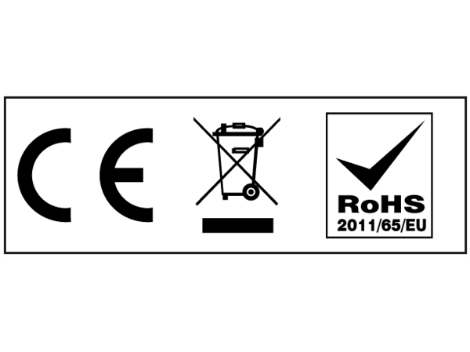Consultancy Services
- ISO 9001:2015
- IATF 16949:2016
- ISO 14001:2015
- ISO 45001:2018
- ISO 13485:2016
- ISO 21001:2018
- ISO 22000:2005
- ISO 27001:2013
- ISO 50001:2011
- AS 9100D:2016
- CE marking
CE Mark - Conformite Europeenne
The CE marking (an acronym for the French "Conformite Europeenne") certifies that a product has met European Union (EU) health, safety, and environmental requirements, which ensure consumer safety. Manufacturers in the European Union and abroad must meet CE marking requirements where applicable in order to market their products in Europe.

The CE Marking Certification in State provides complete and detailed information regarding the directive that implies the requirement and must be fulfilled by the products to be marked in the European Union. The standard was first introduced in the year 1985 and since the date, it becomes necessary that most of the product must have the CE marking. The CE marking Certificate in Delhi was basically proposed to make the trading system easy between all the countries that come under the European Union. For a list of countries that require the CE marking.
A manufacturer who has gone through the conformity assessment process, may affix the CE marking to the product. With the CE marking, the product may be marketed throughout the EU. CE marking now provides product access to 27 countries with a population of nearly 500 million. Unfortunately, there is no comprehensive list of the products that require a CE marking. Therefore, it is the manufacturer's responsibility to determine if a product requires a CE marking. The "New Approach Directives" are documents that contain the legislation issued by the European Commission on the requirements that need to be met and procedures that must be followed in order for a particular product to be CE marked for sales in the EU.
General principles of the CE marking
- The CE marking shall be the only marking which attests the conformity of the product with the applicable requirements of the relevant.
- The affixing to a product of markings, signs or inscriptions which are likely to mislead third parties regarding the meaning or form of the CE marking shall be prohibited. Any other marking may be affixed to the product provided that the visibility, legibility and meaning of the CE marking is not thereby impaired.
- Member States shall ensure the correct implementation of the regime governing the CE marking and take appropriate action in the event of improper use of the marking. Member States shall also provide for penalties for infringements, which may include criminal sanctions for serious infringements. Those penalties shall be proportionate to the seriousness of the offence and constitute an effective deterrent against improper use.
Benefits of CE Marking?
- CE marking allows you to sell your product in the countries of the European Economic Area (EEA). By implementing the requirements you may also find that your product is safer and more reliable; therefore reduce the risk of customer dissatisfaction.
- The various and conflicting national regulations are eliminated.
- It may be considered a benefit that by implementing the requirements, the product will be safer for the user and this may also reduce damage and liability claims.











